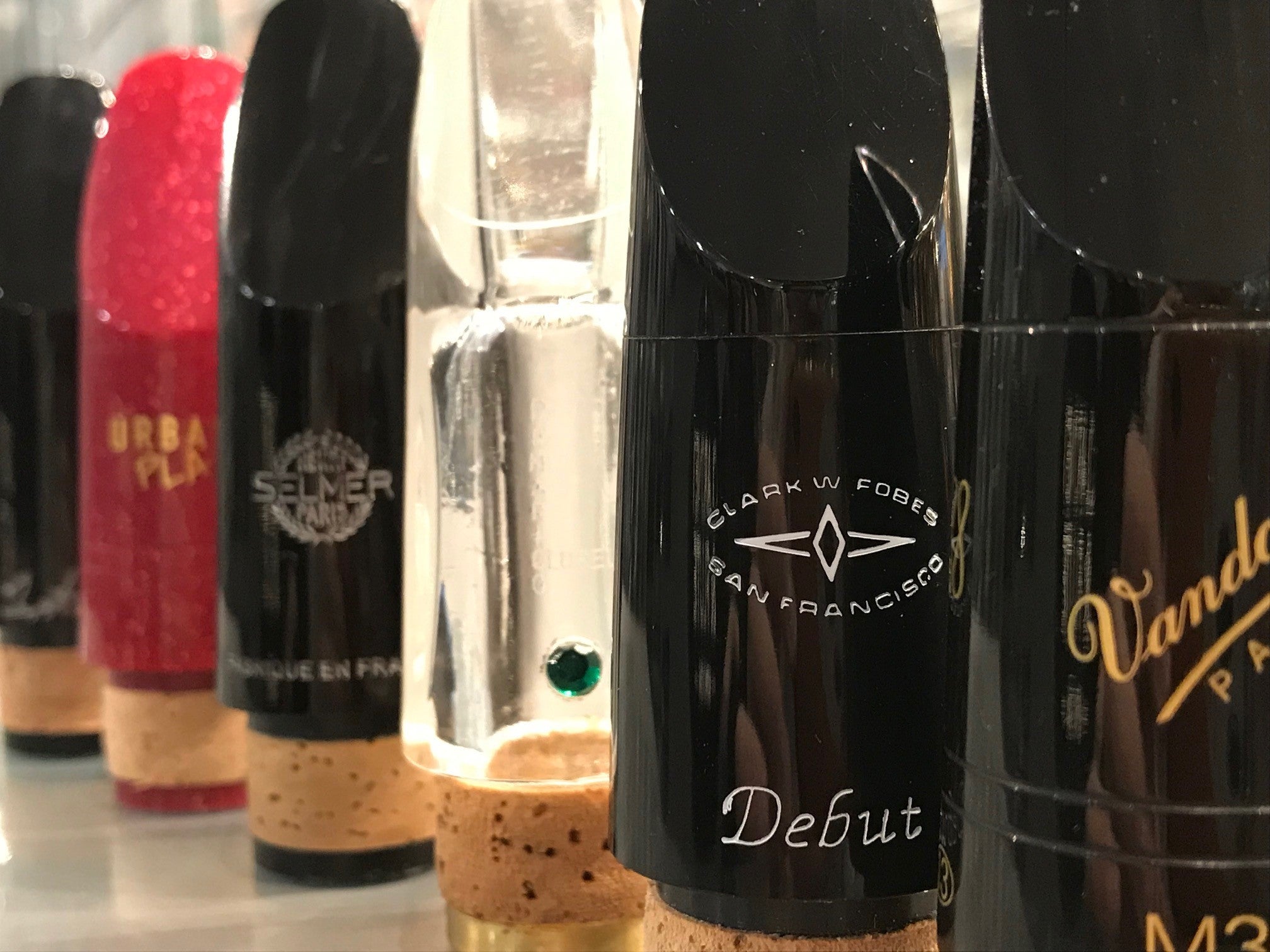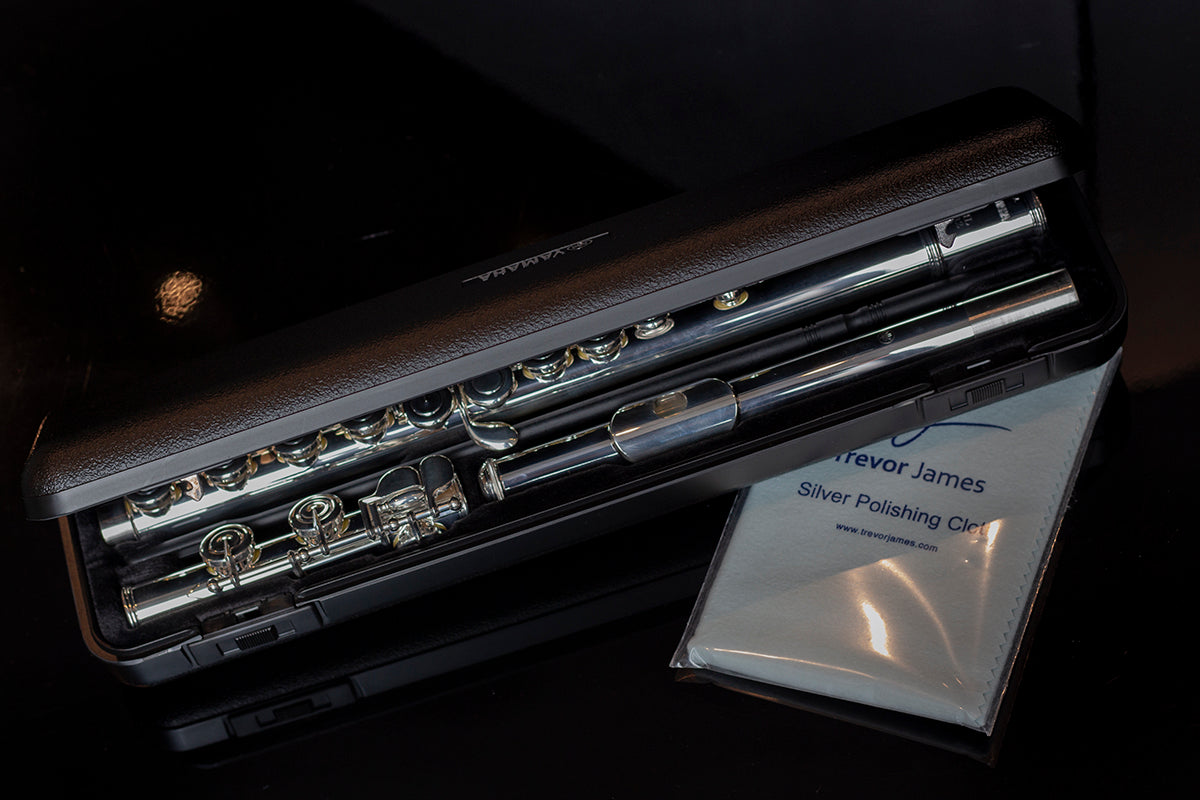
CITES explained
!!!UPDATE!!! - 23/12/2019
This Summer, CITES voted to exclude the trade of musical instruments from the list of controlled items. This is fantastic news for instrument retailers and purchasers alike, freeing up international trade and reducing costs and wait times. As of the 14th of December the amendment was introduced to EU law and we will no longer have to go through this process and International buyers will not have the extra coast and wait added to their order.
What is CITES?
The Convention on International Trade in Endangered Species of wild Fauna and Flora, or CITES for short, is an international agreement between governments to make a concerted effort to protect endangered species of Animal and Plant from excessive trading that threatens their existence. The Convention encompasses a vast diversity of trade from live animals to wooden ornaments which includes, you guessed it, wooden musical instruments.
Many of the clarinets here at Clarinet & Flute are made from Dalbergia Melanoxylon, also known as Grenadilla or African Blackwood. Since 2016, Dalbergia Melanoxylon is listed as an Appendix II material. Appendix II materials don't necessarily face extinction but their trade still needs controlling to avoid misuse that could put them in danger. Musical Instruments make up only a very small portion of the Dalbergia use worldwide but it does mean that it must be monitored for the sustainability of the species.
How does this affect me?
UK/EU
On the whole, very little. If you purchase an instrument from Clarinet & Flute you will be provided with a Sales Invoice and any necessary documents detailing the origin of the wood that the instrument is made from. It is advisable to keep hold of these just in case you ever travel with or sell the instrument. If you require any of these documents then please get in touch and we will be able to get the documents to you.
If you plan on shipping or carrying your instruments abroad then anything under 10kg is exempt from any regulations as long as it is for Non-Commercial use. Non-Commercial use includes both paid and non-paid performances or any other intention that doesn't result in the sale of the instrument. If you are travelling we do highly recommend you carry with you your Sales Invoice as a lawful proof of acquisition should a border force wish to see any documentation.
Rest of the World
To ship instruments made of Dalbergia outside of the EU we will have to acquire a re-export permit. To process this there will be an extra charge of £59 and can cause a delay in shipping of up to three weeks. Depending on the destination, you may also require an import permit which could also add to the cost and time in shipping. To find out more about your local CITES authority please click here.
If you plan on shipping or carrying your instruments abroad then anything under 10kg is exempt from any regulations as long as it is for Non-Commercial use. Non-Commercial use includes both paid and non-paid performances or any other intention that doesn't result in the sale of the instrument. If you are travelling we do highly recommend you carry with you your Sales Invoice as a lawful proof of acquisition should a border force wish to see any documentation.
If you plan on getting your instrument repaired with us you are exempt from any regulations as this is also seen as a Non-Commercial transaction. As the instrument doesn't change ownership at any point there is no need for import or export documentation.
These rules have only been in affect since 2016 and the Music Industry is constantly adapting to the regulations. We are keeping ourselves as well informed as possible and if anything changes we will keep this page well updated. If you have any more questions or require documentation mentioned above then do please get in contact with us at info@clarinetandflute.com.


